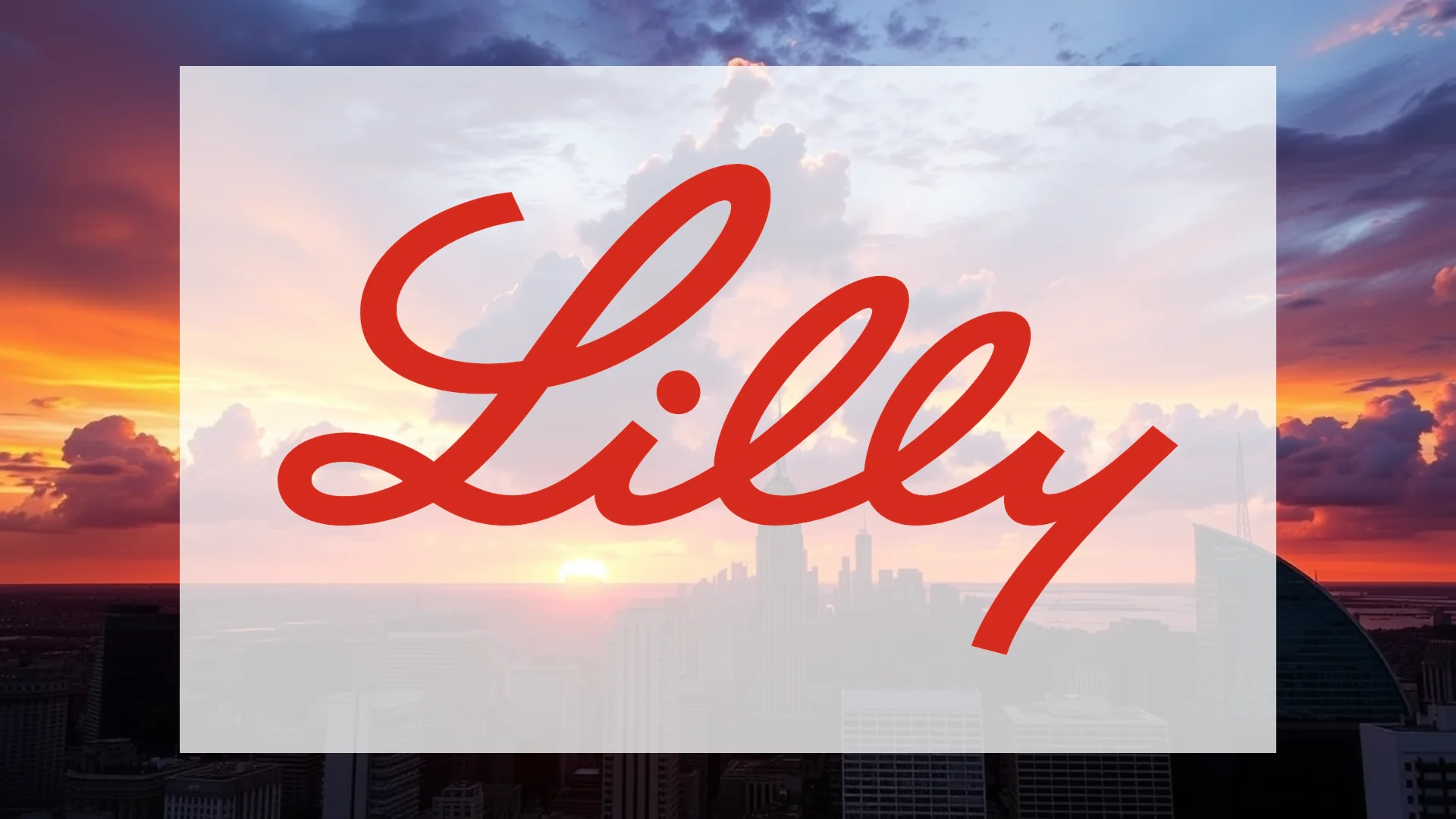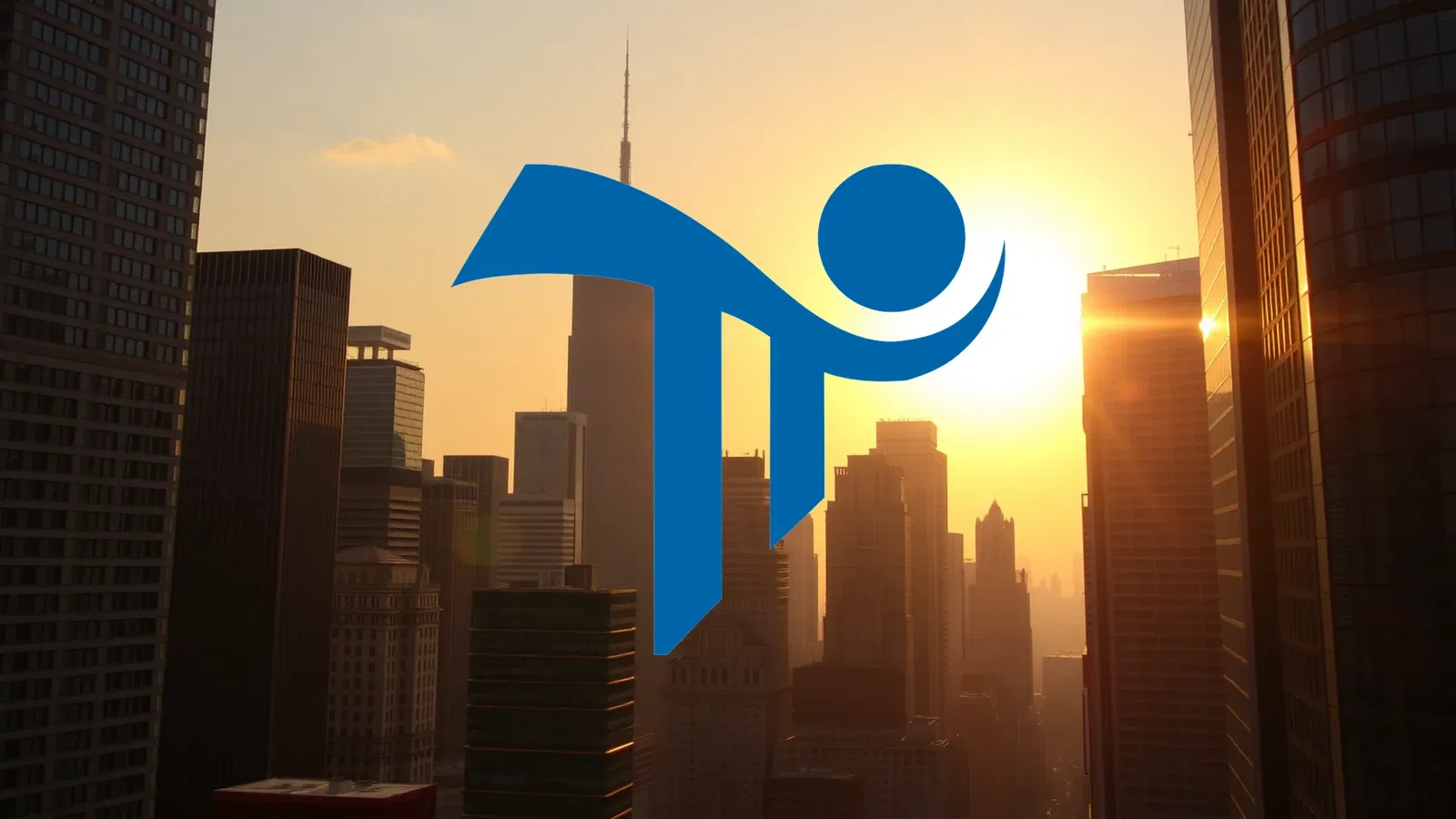Eli Lilly finds itself at a crossroads, presenting investors with a complex picture of pharmaceutical development. The company is simultaneously navigating a significant clinical trial termination and celebrating two major drug approvals, forcing the market to assess which development carries greater weight for the stock’s future trajectory.
Regulatory Approvals Provide a Positive Counterweight
Offsetting recent challenges, the U.S. Food and Drug Administration (FDA) granted approval for Inluriyo, a new therapy targeting a specific form of advanced breast cancer. The drug demonstrated compelling efficacy in late-stage trials, showing a 38% reduction in the risk of disease progression or death compared to existing standard treatments.
In a separate but equally significant boost, the European Commission approved Kisunla (donanemab) for treating early symptomatic Alzheimer’s disease. This approval adds another revenue-generating product to Eli Lilly’s expanding portfolio in the neurodegenerative disease sector.
Setback in Obesity Drug Development
The positive news was preceded by a notable setback. Eli Lilly has discontinued a Phase 2b clinical trial for its experimental drug, Bimagrumab. The therapy was being developed to treat obesity in patients with Type 2 diabetes—a market with substantial commercial potential. The decision to halt the study was attributed to “strategic business reasons” less than a month after its initiation.
Should investors sell immediately? Or is it worth buying Eli Lilly?
The context of this termination adds to its significance. In 2023, Eli Lilly acquired Versanis Bio, the original developer of Bimagrumab, for approximately $2 billion. The abrupt end of the trial calls into question the return on that substantial investment.
Market Reaction Favors the Upside
The financial markets have delivered their initial verdict. After experiencing early losses following the announcement of the trial discontinuation, Eli Lilly’s shares reversed course and moved into positive territory, closing up over one percent on Friday. This price action suggests that investors are assigning greater importance to the newly approved drugs than to the pipeline setback.
This mixed bag of news underscores a fundamental reality of the pharmaceutical industry: breakthrough successes and clinical failures often occur in close succession. While the Bimagrumab program has stalled for now, the approvals for Inluriyo and Kisunla open up significant new revenue streams in highly lucrative therapeutic areas.
Ad
Eli Lilly Stock: Buy or Sell?! New Eli Lilly Analysis from February 8 delivers the answer:
The latest Eli Lilly figures speak for themselves: Urgent action needed for Eli Lilly investors. Is it worth buying or should you sell? Find out what to do now in the current free analysis from February 8.
Eli Lilly: Buy or sell? Read more here...













